
Category: Press Release
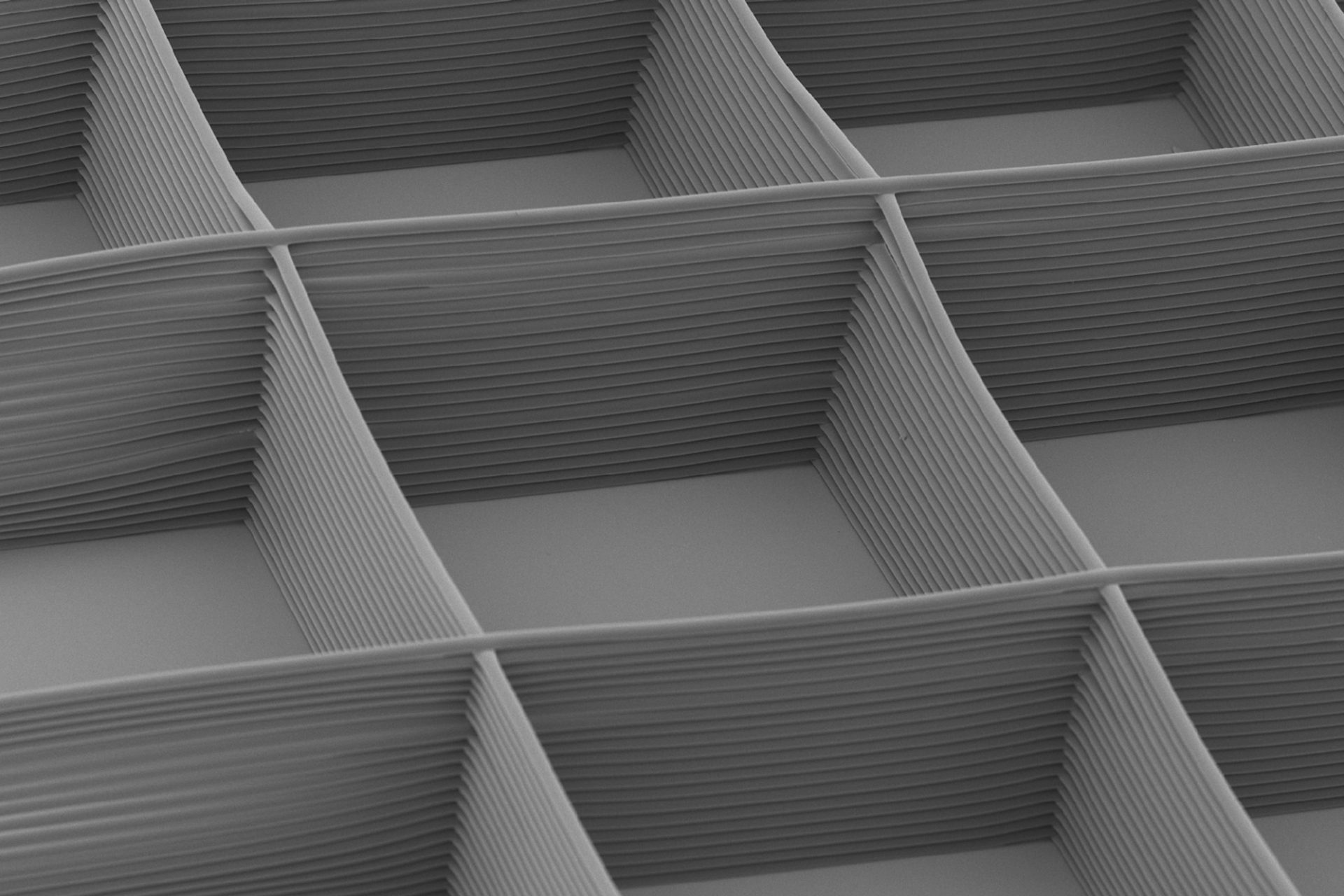
Press Release – 3D Printing for Medicine
March 14, 2018A collaborative project from the Lahann, Luker and Krebsbach labs reports on new jet writing technique for printing 3D structures for biomedical applications.
Read Story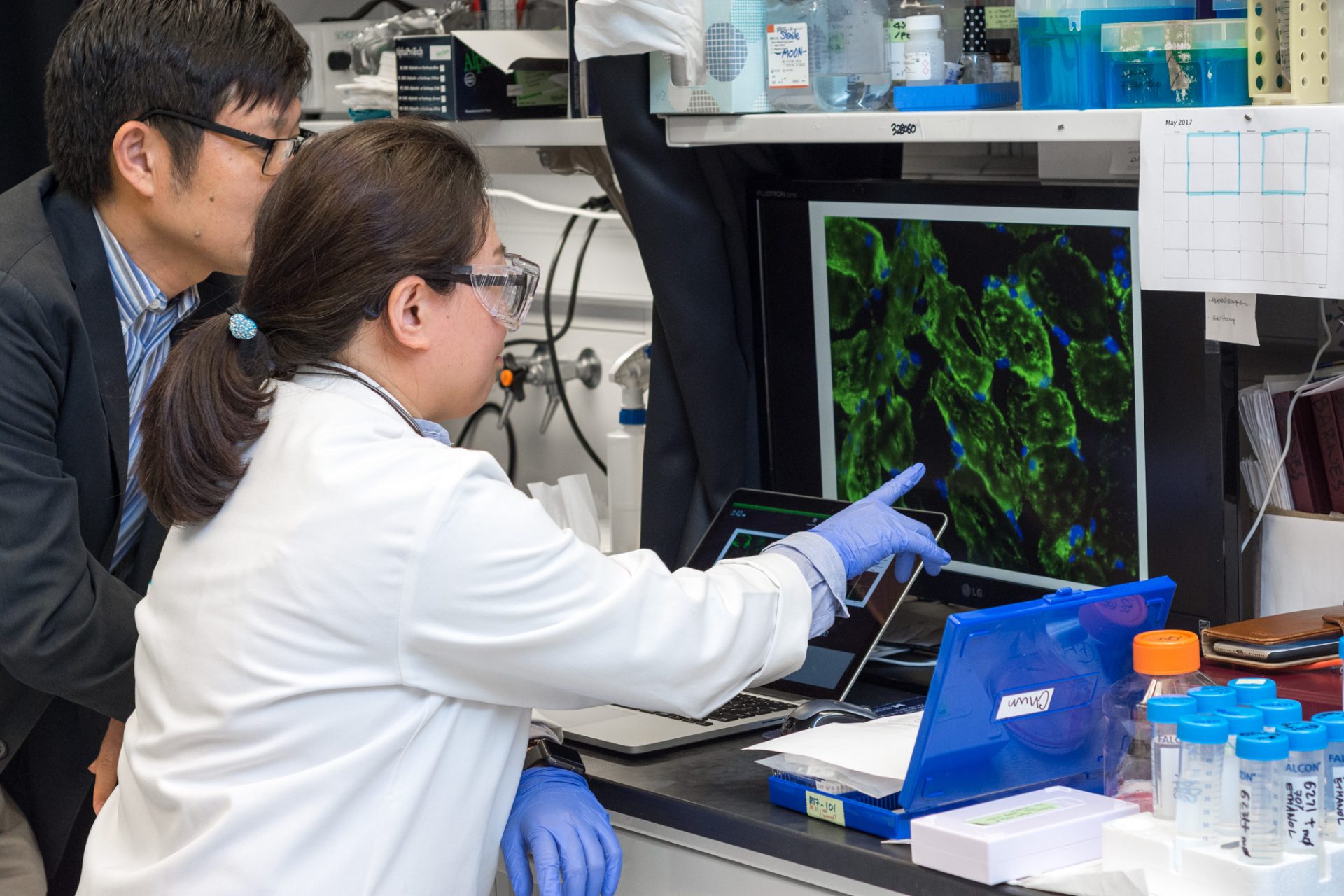
Diabetes and Its Complications Challenge Seed Funds Awards
January 23, 2018We are pleased to announce our selection for the Diabetes and Its Complications Challenge seed fund competition.
Read Story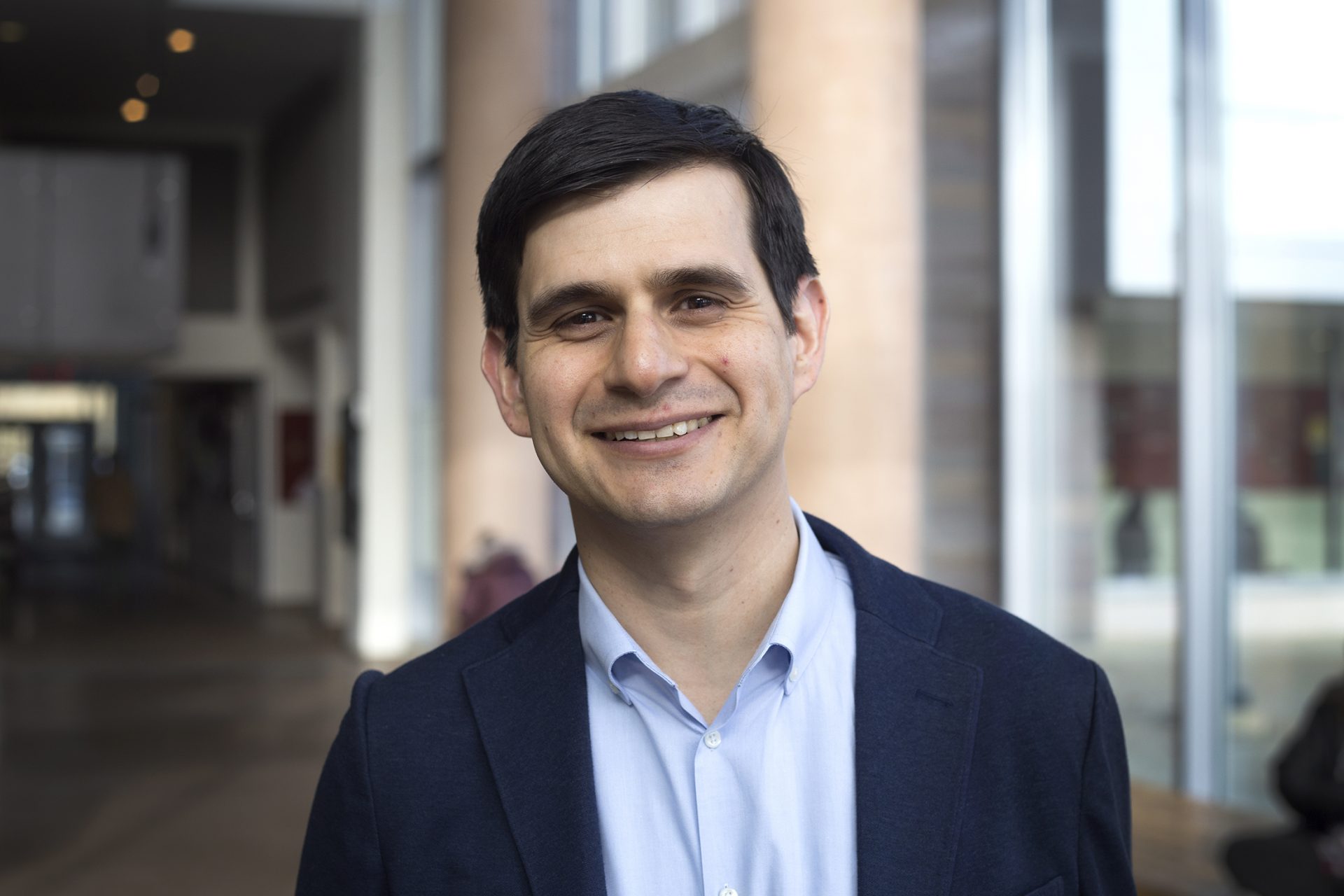
Carlos Aguilar joins BI
January 10, 2018Carlos Aguilar, Assistant Professor of Biomedical Engineering, and his research group recently joined BI. The Nano-Omic-Bio-Engineering Lab (NOBEL) is working on developing new approaches and tools to understand and investigate skeletal muscles.
Learn More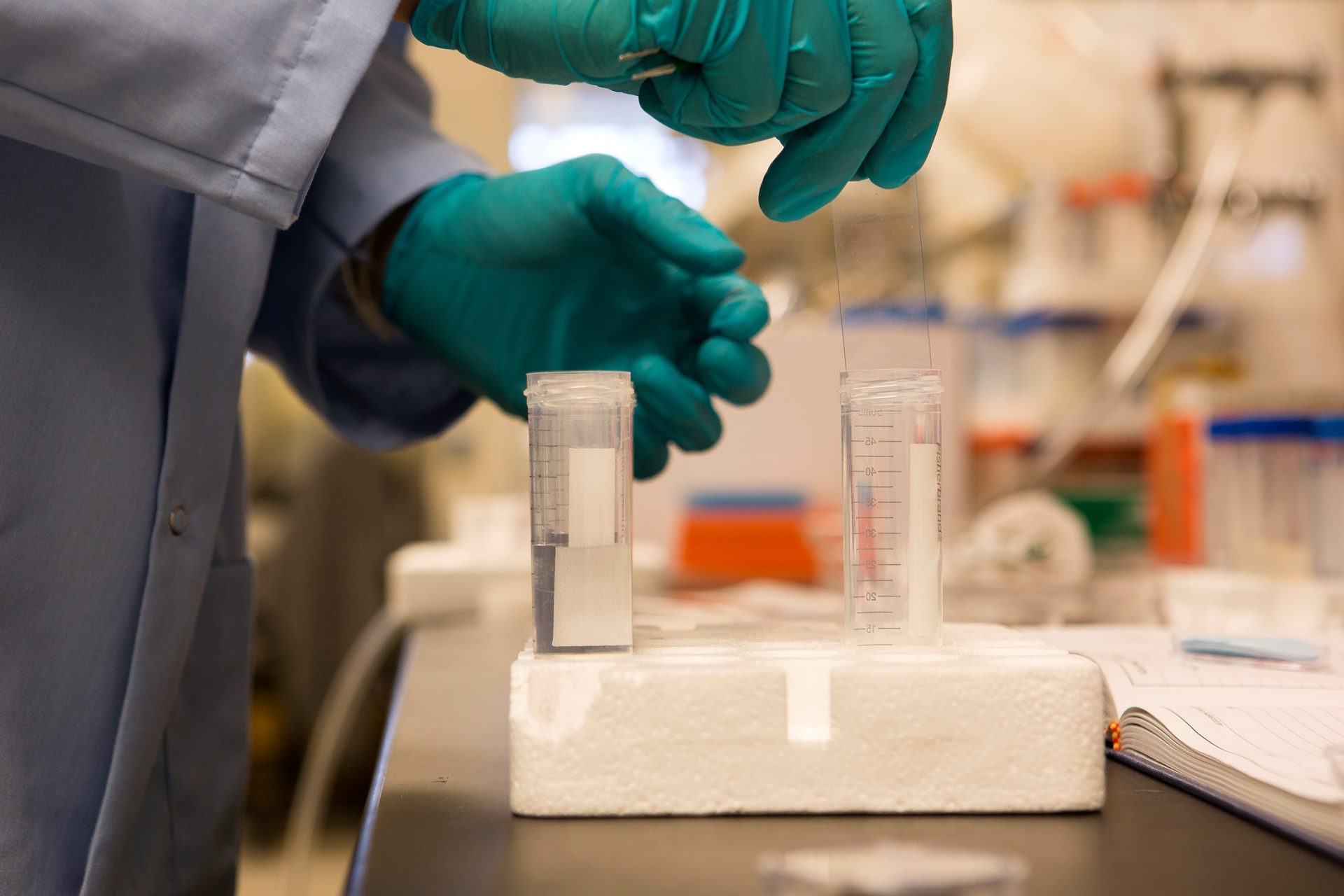
Nanoparticles self-assemble into nanoshells
November 29, 2017Research in the Kotov group demonstrated the self-assembly of inorganic nanoparticles into nanoshells, which can potentially be used for gene delivery applications. More details here.
Read Story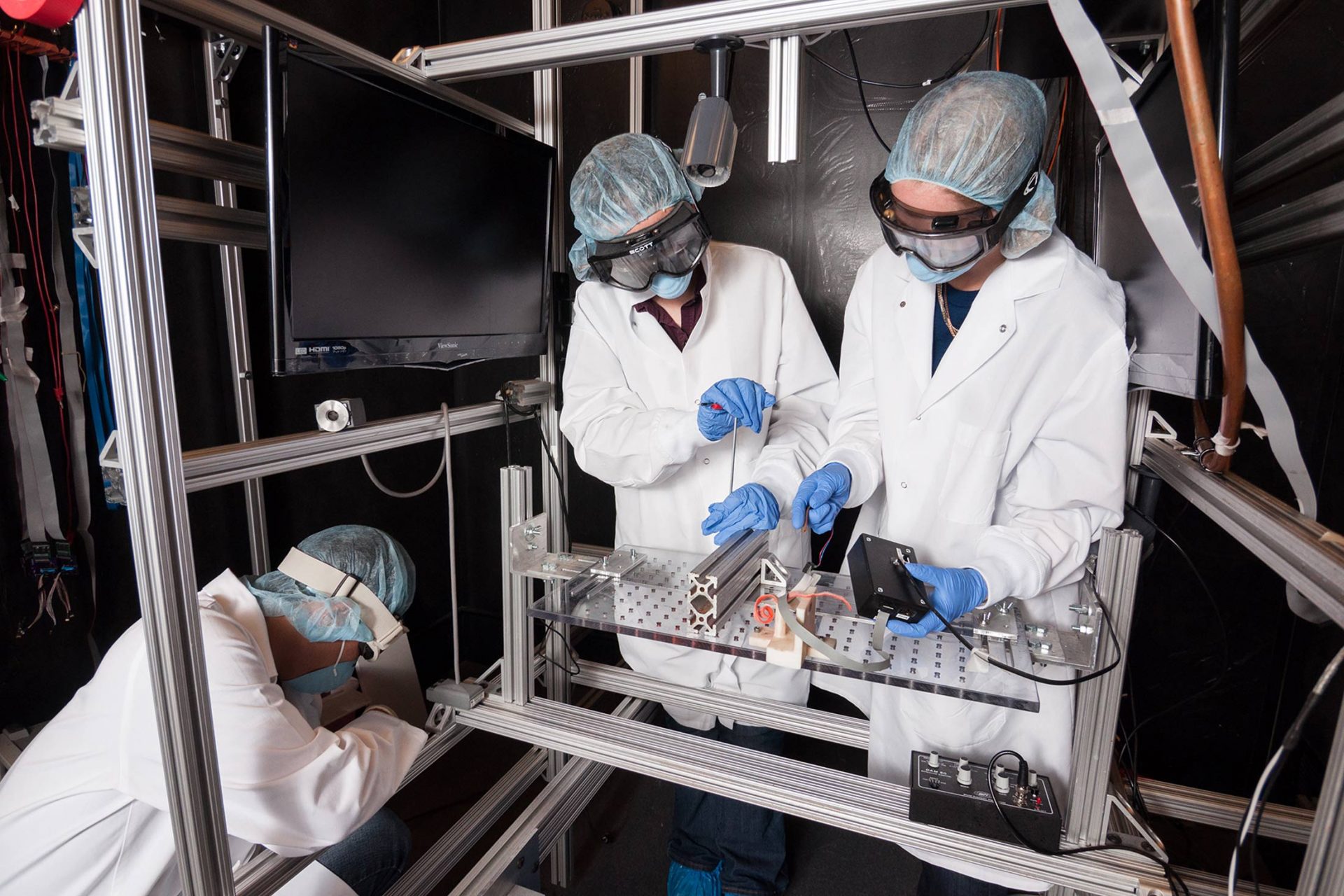
Lee Lab – Bioplasmonics Group
November 5, 2017The Bioplasmonics Group, directed by Prof. Somin Lee, works at the interface between life science, physical science and engineering, drawing from a combination of bottom-up and top-down nanofabrication approaches, to design and develop smart biophotonic technologies and uncover biological complexities in the development of tissues and in cancer. Specifically, they have recently developed novel tools, including an mechano-optical plasmonic nanoantenna, to measure the temperature of proteins in cells. Prof. Lee received a Young Investigator Award from the Air Force Office of Scientific Research (AFOSR) to support this research.
Read Story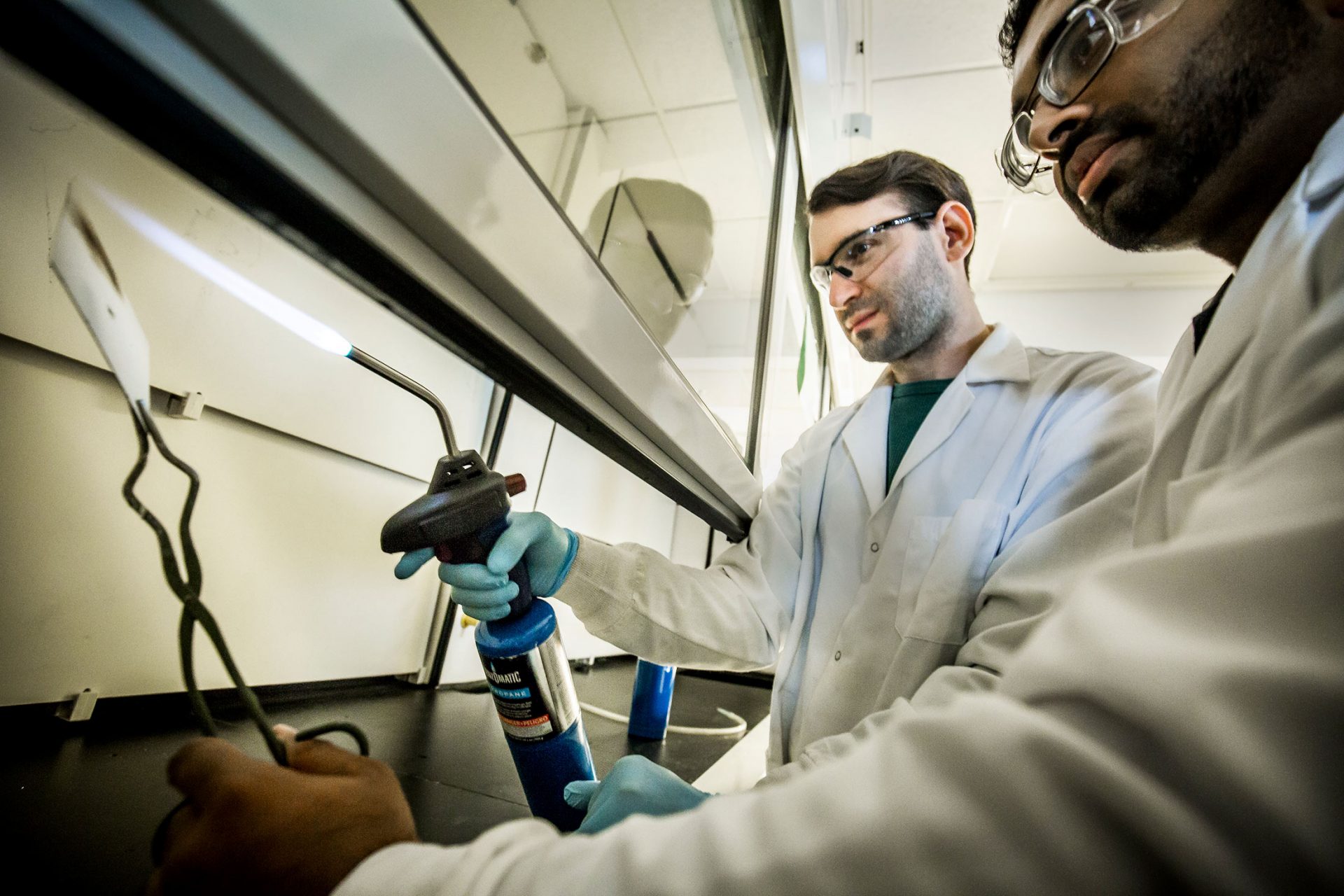
Tuteja Lab – PSI Group
October 31, 2017Research in the Polymers Interfaces Surfaces (PSI) Group directed by Prof. Anish Tuteja focuses on developing polymers for energy and environmental applications. To date, the group has developed polymer systems for:
Drag reduction
Ice repelling
Drug delivery
Superhydrophobic and superoleophobic surfaces
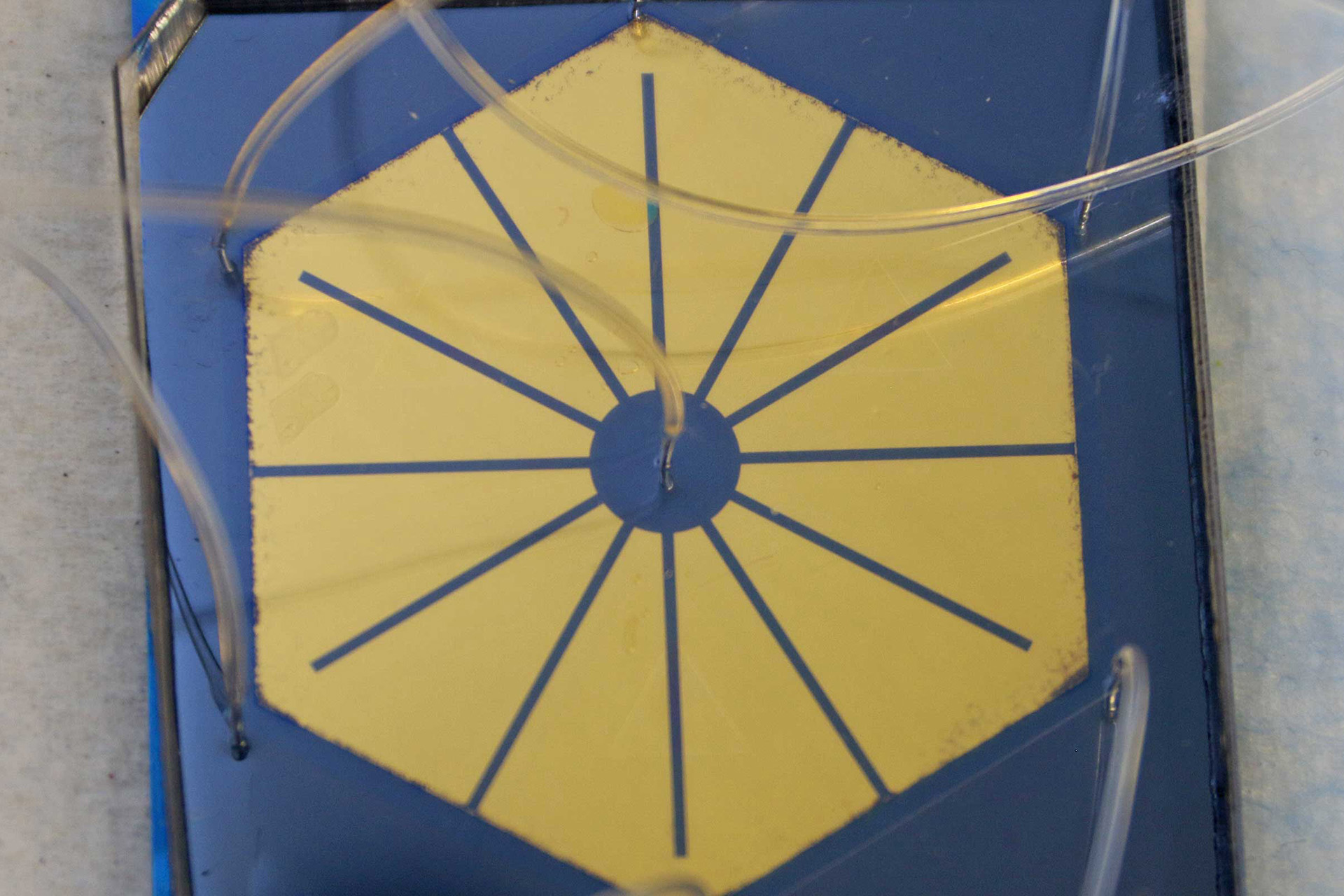
Team working on microfluidic technology for melanoma treatment
October 6, 2017Sunitha Nagrath’s group is developing a device that incorporates nano-materials to allow for the isolation and analysis of circulating tumor cells from whole blood. In association with Dr. Scott McLean, the hope is that the research will predict the recurrence of melanoma after tumor removal.
Read Story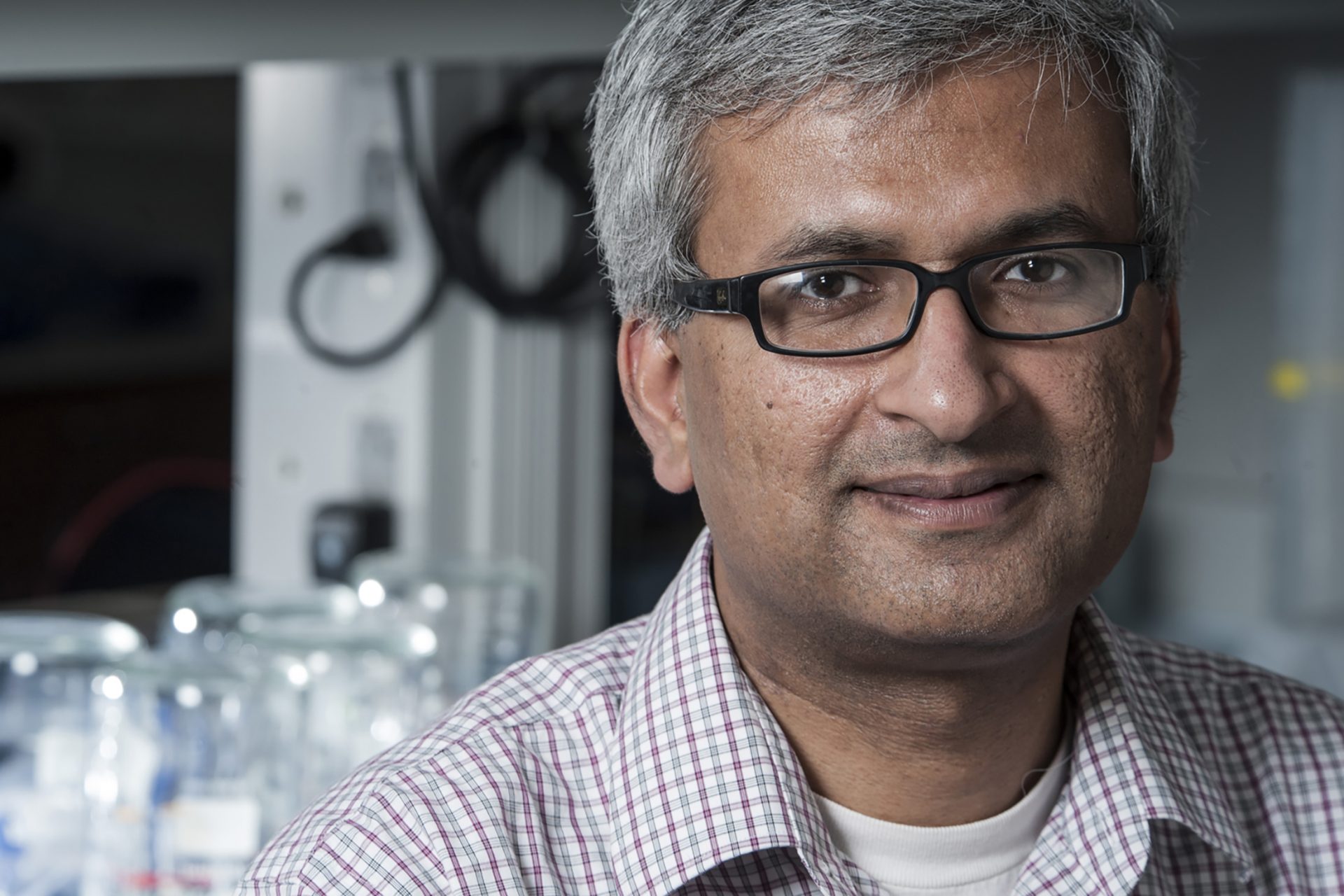
Nagrath identifying new cancer targets
September 25, 2017In work started during his time at Rice University, Deepak Nagrath continues to research cancer cell metabolism and how cancer cells interact. Learning how the cells communicate could lead to new targets for more effective treatments than those currently is use.
Read Story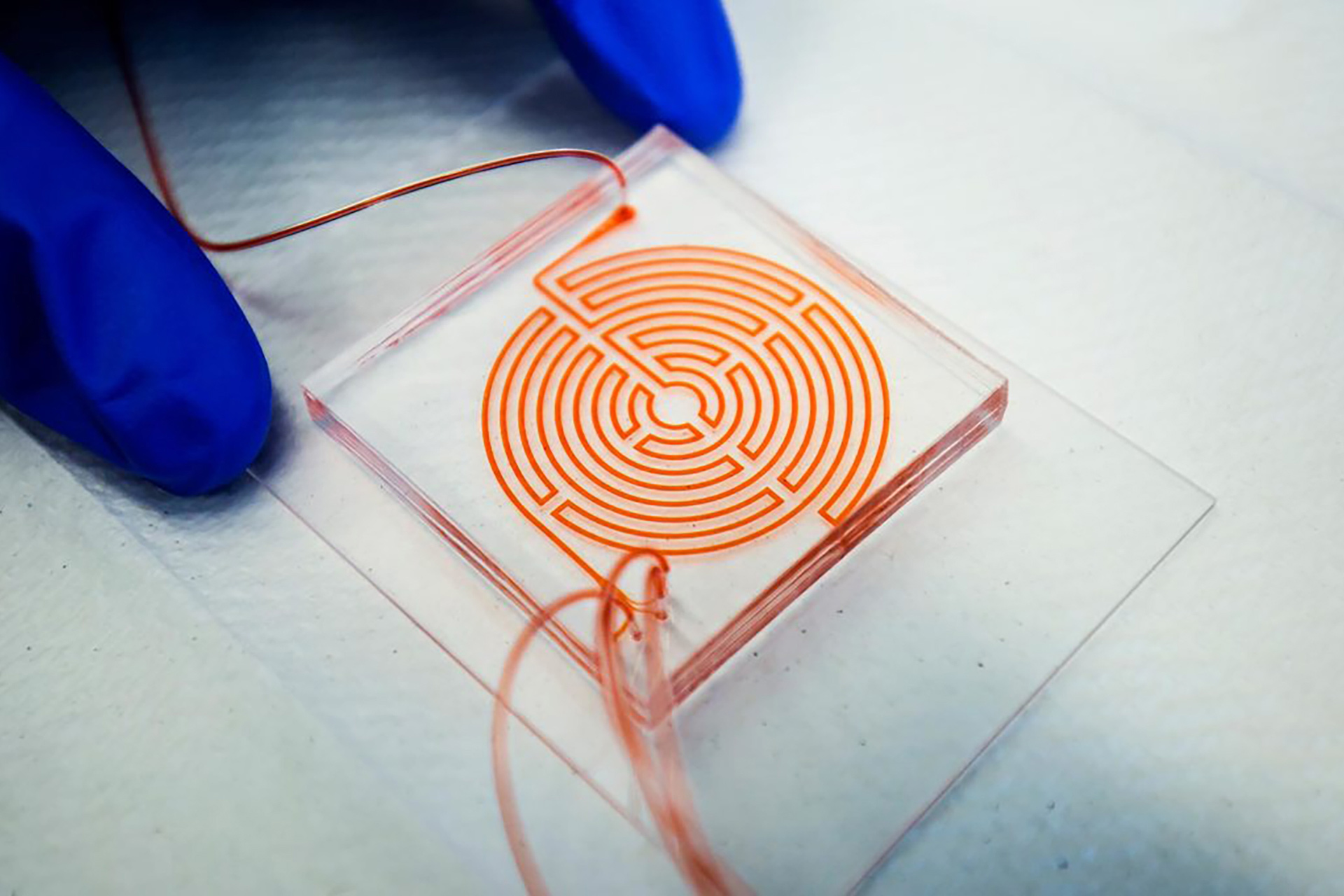
Labyrinth chip developed by Nagrath and Wicha used in clinical trial
September 21, 2017Currently being used in a breast cancer clinical trial to isolate cancer cells in blood, Sunitha Nagrath and Max Wicha led the development of a hydrodynamic maze called the labyrinth chip. With its innovative design, the labyrinth chip allows researchers to capture cells for molecular analysis so they can know what to target with treatments.
Read Story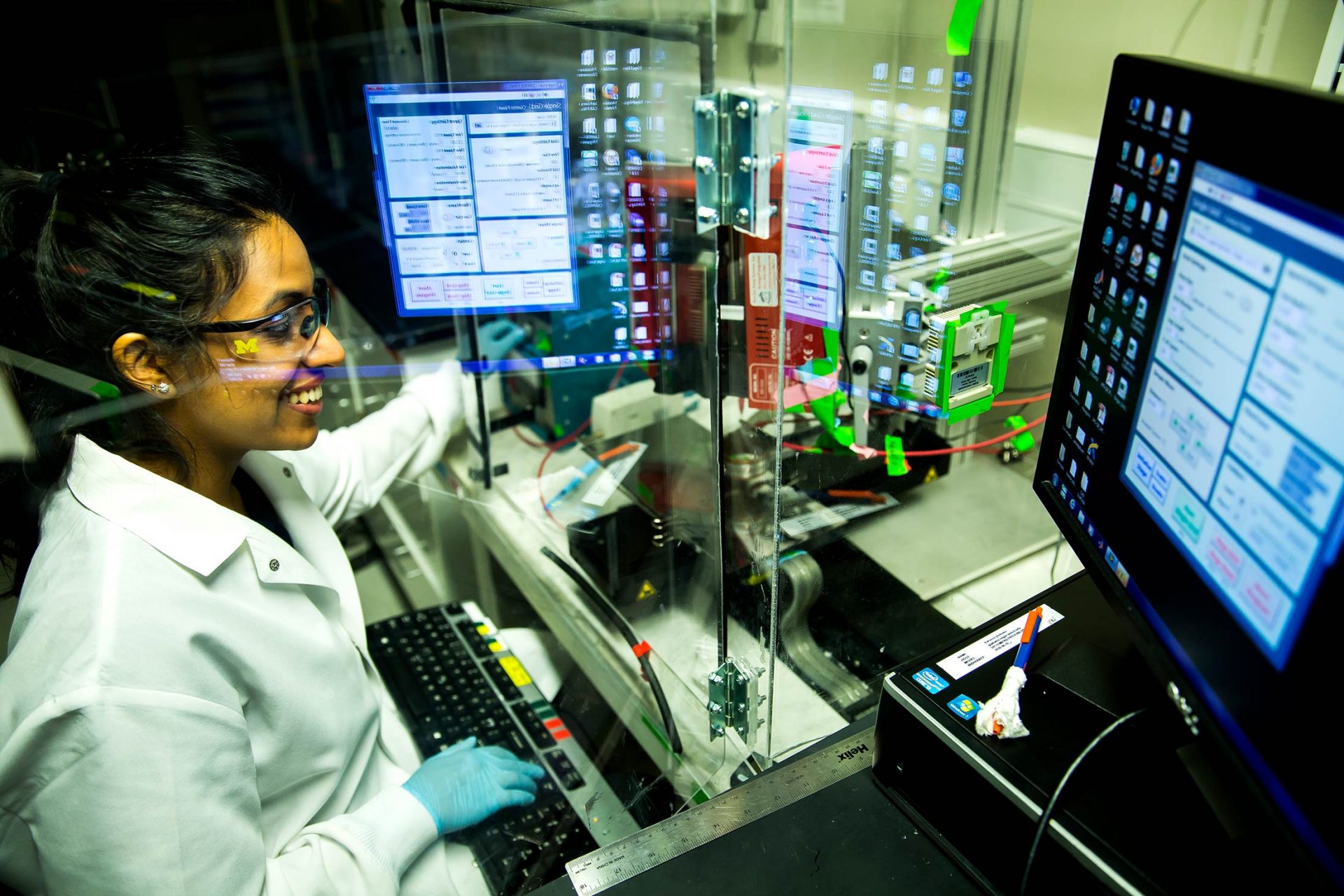
Lahann part of newly awarded NSF-ERC center
September 12, 2017BI director, Joerg Lahann, is part of the U-M team for the newly announced NSF Engineering Research Center (ERC). Led by Boston University, the NSF-ERC aims to grow new heart tissues. For more details on the award and team, please visit here.
Read Story